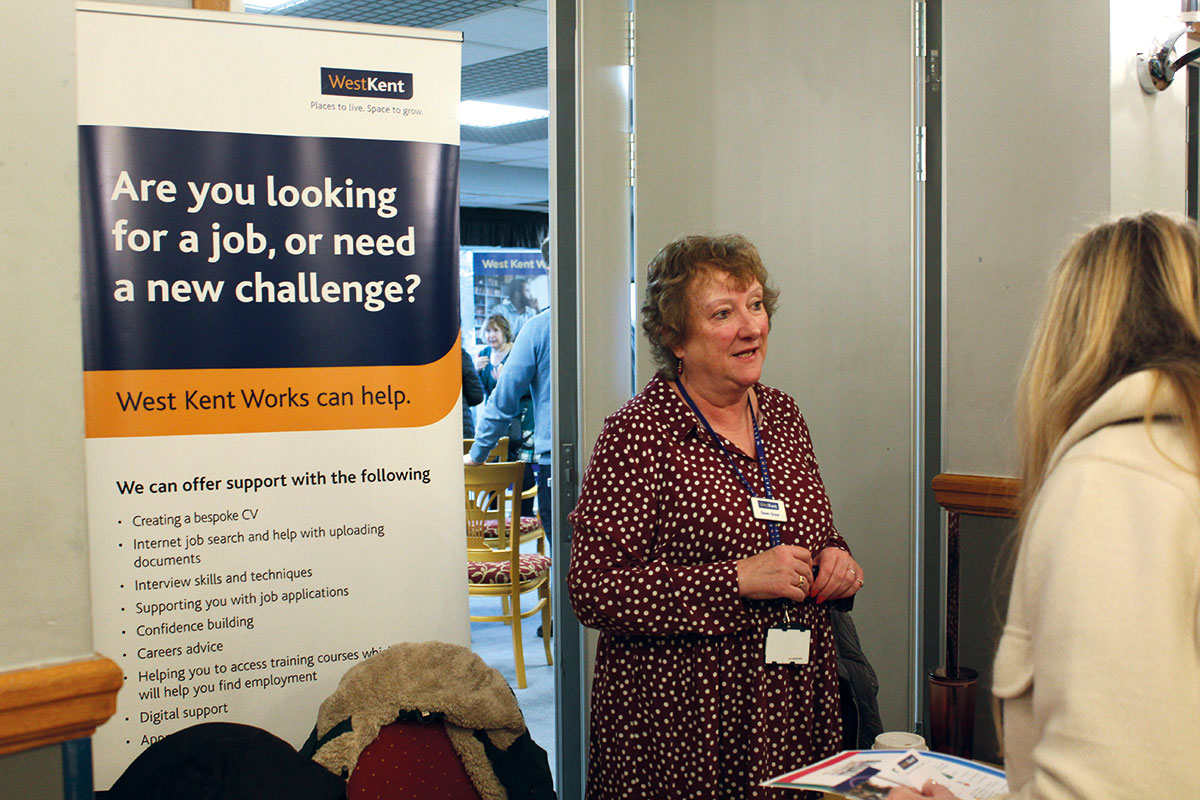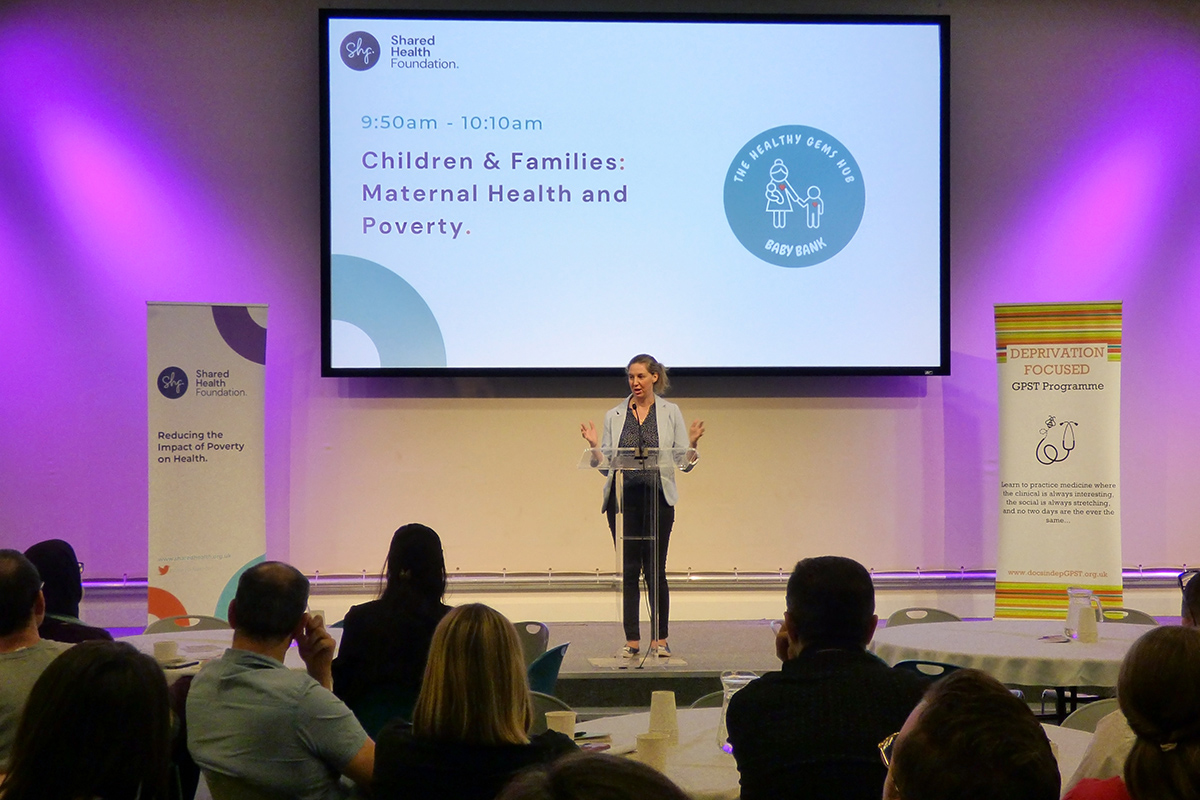You are viewing 1 of your 1 free articles
People want to work – but it’s employment support, not sanctions, that’s needed to help
Victoria Whittle, head of jobs and training at Clarion Futures, shares learnings from Clarion’s employment support programme
Over the past seven years, the Love London Working employment support programme delivered inspiring work in our capital city. Clarion was proud to be the lead partner on a programme that provided unemployed and economically inactive people living in the capital with the support they needed to join the labour market.
We supported more than 26,000 unemployed Londoners with advice and training, with more than 8,100 finding work.
The programme formally ended on 31 December 2023, and now that the dust has settled, I’ve taken the opportunity to reflect on those seven years – the successes, the learnings and what we’ll take with us into the next chapter.
First of all, there’s no one-size-fits-all approach to employment support, and Love London Working is a case in point.
Participants were paired with a specialist advisor and provided with a bespoke plan to get them into work and help them sustain employment for the long term, with support from advisors lasting up to six months after they started in their role.
That person-centred approach was taken one step further with our Active Inclusion programme, launched in September 2020.
Building on initial learnings, this new strand of Love London Working supported residents with multiple needs. Considered to be some way from being job ready, we helped them overcome barriers to work, including lack of digital literacy and functional skills, debt and mental health issues, as well as physical disabilities.
“First of all, there’s no one-size-fits-all approach to employment support, and Love London Working is a case in point”
This holistic, 360-degree support programme empowered individuals to achieve their goals through a journey tailored to them. It went on to be named Tailored Employment Support of the Year at the Employment Related Services Association (ERSA) Employability Awards towards the end of last year, proving just how transformative this innovative approach has been.
While Love London Working has come to an end, we’re embedding Active Inclusion in our nationwide employability support offer, helping to expand our reach, improve life chances and support more people into employment.
The second thing that sticks with me is that progress and success are not linear. While the overall aim of Love London Working was to support people into work, over time we realised that it was important to celebrate every win along the way, big or small.
Just as important as securing and sustaining employment was the impact on well-being, with feedback from many participants highlighting a boost to self-confidence and the development of other soft skills thanks to the programme.
Finally, people always say that teamwork makes the dream work. In this case, it couldn’t have been more true. By joining forces with a consortium of other housing associations, including the likes of A2Dominion, Hyde and Metropolitan Thames Valley, we were able to pool both expertise and resources, matching generous funding from the European Social Fund (ESF) which was managed and overseen by the Greater London Authority (GLA).
“Those with the power to effect change need to see the importance and value of boosting funding for employment support, especially in the face of increasing levels of economic inactivity, and make sure housing associations have a seat at the table when new programmes and initiatives are being mapped out”
It’s no exaggeration to say that the project simply wouldn’t have been possible without the support of the ESF and GLA. Sadly, if we were to consider running a similar employment support programme today, the funding pot looks considerably smaller post-Brexit.
It’s a challenge we’re committed to addressing, joining forces with Communities that Work to influence the next government, whoever that may be. Those with the power to effect change need to see the importance and value of boosting funding for employment support, especially in the face of increasing levels of economic inactivity, and make sure housing associations have a seat at the table when new programmes and initiatives are being mapped out.
We are, after all, community anchor organisations, connecting with vulnerable and hard-to-reach people every day. Social landlords like Clarion can collaborate with partners to bridge gaps and create opportunities, ensuring that no one is left behind.
Through Love London Working and Kickstart Housing Partnership, another successful sector-wide programme, we’ve proved that we can deliver. I hope that, in the future, we’ll see the return of funding to enable us to scale up our employability support offer, doing our bit to help more people into sustainable and rewarding careers.
Victoria Whittle, head of jobs and training at Clarion Futures, the charitable foundation of Clarion Housing Group
Sign up for our care and support newsletter
Already have an account? Click here to manage your newsletters













